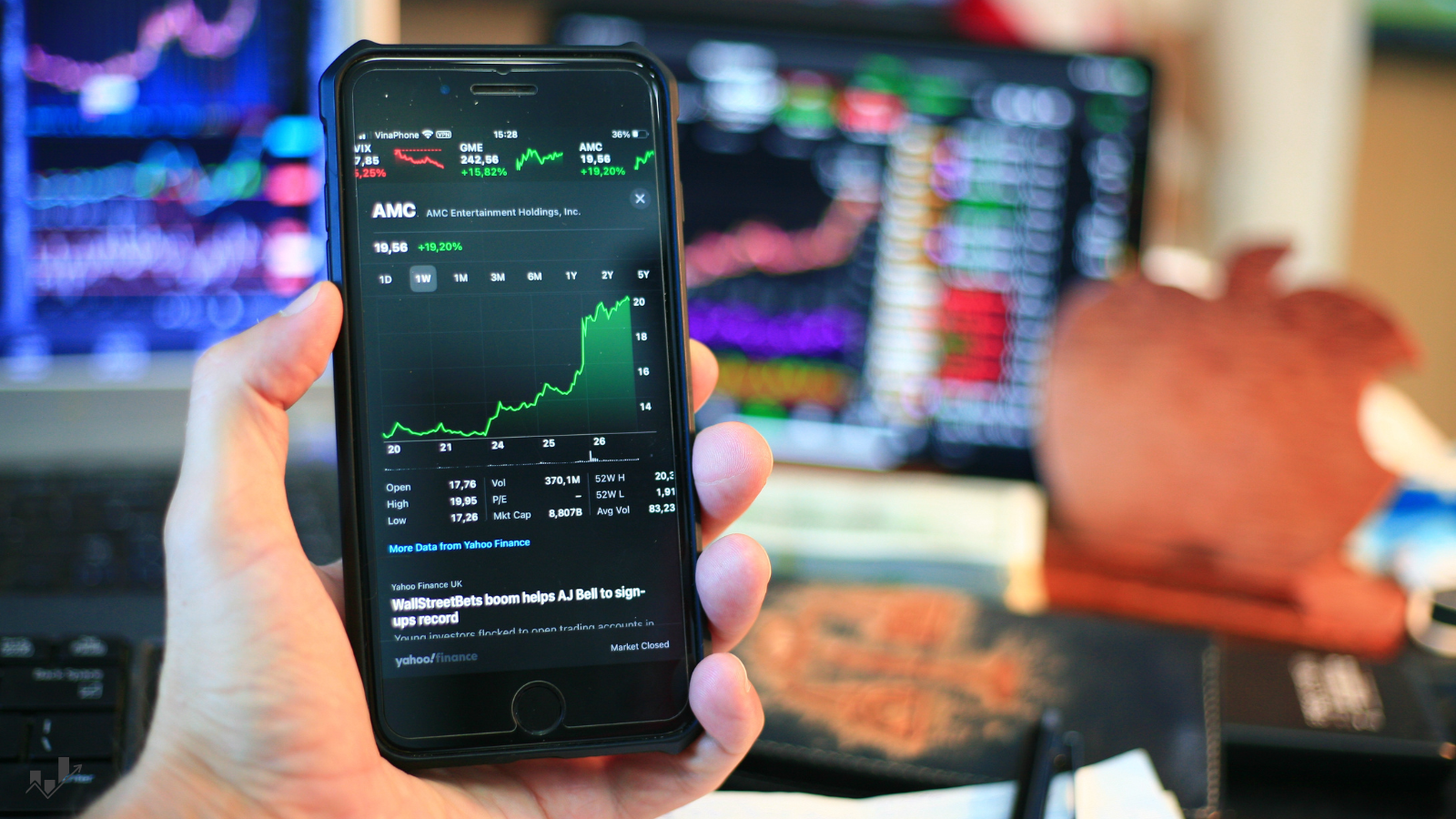Trading is a balanced system of risk and reward. Regardless of how much you’re putting on the line, the market is full of surprises. And while you can’t control every fluctuation in the market, you can take a strategic trading approach that mitigates risk to enhance potential rewards.
Let’s take a look at the top ten trading mistakes you might be making and how to avoid them so you can execute trades that deliver real earnings.
1. Trading Without a Plan
When it comes to trading, every move you make must be intentional. The most crucial aspect of your trading strategy is your trading plan (and that you stick to it.)
Both good and bad days on the market can influence even seasoned traders to deviate from their trading blueprint. Abandoning your trading plan is typically an emotional decision not carefully weighed against your long-term goals and resource availability.
Remember two things:
- Establish a trading plan. Determine how much you’re willing to risk and the amount of time you want to devote to trading.
- Keep your feelings out of it. The consistency that comes with a plan allows you to accurately gauge your earnings over time, helping you avoid rash mistakes that can cost you long-term.
2. Unrealistic Expectations
Let’s be honest: not every trade will result in significant earnings, nor will every trade cause you to lose everything you’ve put on the line. Unrealistic expectations, whether too high or too low, will negatively impact your trading strategy.
As you plan for trades and forecast your goals, what shapes your understanding of the market? Are you basing your trading expectations on historical and predictive data, or does intuition guide you?
We all have expectations that we bring to trading. Identifying the source of those expectations helps you remain balanced on days that don’t go according to your hopes or plans.
3. Overconfidence
A good day in trading can make you feel like you’ve won the lottery. And in some cases, your profits from a successful trade might feel like a scratch-off win. However, overconfidence can quickly lead you to make detrimental, irreversible decisions that can ruin your trading strategy and result in total loss of your accounts.
No matter how much study and strategy you bring to the table, you can’t predict the market. Trading is wildly unpredictable, and when overconfidence marks your approach, you’ll get comfortable, and things will slip through the cracks.
Adopt humility as you navigate the market. Things can change in an instant, and when you act with humble confidence, you’re less likely to make avoidable, careless mistakes.
4. Over-Diversifying
You never want to put all your eggs in one basket. That’s an idiom true of trading, as well as a solid rule to live by. However, over-diversifying your portfolio can have the unintended effect of greater stress and loss, especially if you diversify rapidly.
The more positions opened, the more time, energy, and focus are required to manage them effectively. Over-diversifying can ruin your trades if you’re new to trading or limited on the time and effort you can reasonably dedicate to monitoring the market.
Instead, choose a few positions and pursue those. Know your capabilities and limits, and set your trades accordingly.
5. Not Understanding Leverage
Leverage provides flexibility when you need or want additional power for your trades. It’s essentially a loan that allows you to gain market exposure equal to if you had opened the full value of that position.
However, like any loan, leverage is a tool that you must handle with caution. Not understanding leverage can result in significant losses that you don’t have the capital to back.
Before using leverage to open a position, educate yourself. Ensure you know the risks and potential rewards, how to calculate profit and loss with leverage ratio, and, perhaps most importantly, when to shift approaches when things get too risky or uncertain.
6. Not Balancing Risk and Reward
Traders use the risk-to-reward ratio to determine if the potential profit is worth the risk of possible loss. For example, if the position is $200 and the potential profit is $400, the risk-reward ratio is 1:2.
Successful trading revolves around this ratio. What is the limit of your risk-reward ratio? Determining that balance early on empowers you to make consistent trade decisions you’re comfortable with and confident in.
7. Jumping In Before Conducting Research
Trading is thrilling. That’s why it’s a global activity with millions and millions of players. But it’s not a game you should enter lightly. Jumping into trading before you conduct the research needed can lead to loss and frustration and hamper your success.
Learn about the market, your assets, how trading works, and who you want to emulate, and go from there. If there’s one thing we can guarantee, it’s that you’ll never regret thorough research. You will regret hastily entering the market and making trades that cost you.
8. Failing to Cut Losses
Loss is an inevitable part of trading. Even the most seasoned, expert traders can’t win every time. But the best traders know when it’s time to call it and walk away. Knowing when to quit is critical to minimizing loss (and frustration!)
Failing to cut losses at the right time is a common mistake among traders, especially when it comes to day trading and short-term trading strategies. A stop loss or position limit helps automatically cut losses at the right time.
The market will be there tomorrow, the next day, and the next. Don’t hold on to a trade for longer than is wise.
9. Risking More Than You Can Afford
Sometimes, you have to risk big to win big. And if you’ve outlined this in your trading plan, have appropriate expectations, and can back this ‘risk-first’ mindset with capital, it’s ok to incur some risk. But risking more than you can afford? Don’t ever make this mistake.
Just one high-risk mistake could cause you to lose it all. Hear this again: stick to your trading plan. Don’t get so caught up in the excitement of trading that you forget the logic behind your strategy. If you don’t have it, don’t risk it.
10. Trading in a Silo
Tackling the trading game alone is a sure way to miss out on potential earnings, waste time, and even make grave –– yet preventable –– mistakes. No matter what you’re trading, you can benefit from the insights and experiences of others.
Trading in a silo chokes out unknown potential earnings and growth. Bring others in, share your knowledge, and learn from those trading at the levels you aspire to.
Avoid Mistakes, Mitigate Risk, and Earn More
Every trade has the potential for success and failure. Avoiding common pitfalls and mistakes helps you make smart, strategic choices that position you to earn serious profits from the beginning. And the best part is that you can learn alongside a global community of traders ready to share their insights.
SignalxChange puts your investments back into your hands. Our platform connects you with other traders so you can learn and avoid mistakes, proactively make smart trading decisions, and, ultimately, earn more.
Join what we’re building at SignalxChange today.



